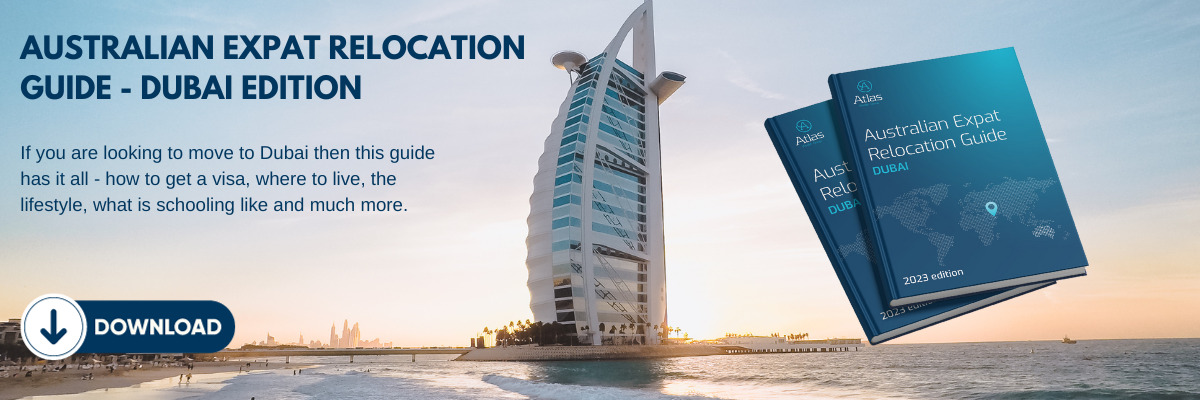Tax Implications of Repatriating to Australia for Emirates Airline Employees with a Provident Fund: A Focus on Section 99B – For many Australians working overseas, the idea of repatriating can be a source of both excitement and stress.
One of the key stressors is understanding and navigating the tax implications of returning home, especially when certain foreign financial assets, such as provident funds, are involved.
This is especially pertinent for those employed by Emirates airlines, which offers its employees a provident fund as part of its benefits package.
What is a Provident Fund?
A provident fund is a form of retirement savings scheme found in several countries. In the case of Emirates airline employees, it serves as a pension fund where both the employer and employee contribute money, which can be accessed upon retirement, or under certain conditions, such as leaving the company.
Repatriation and Australian Tax Implications
Australia, like many countries, seeks to avoid double taxation of its residents. That is, it doesn’t want its residents to be taxed on the same income both abroad and at home.
To achieve this, Australia provides foreign income tax offsets and has double taxation agreements with numerous countries. However, the way foreign assets like provident funds are treated can be intricate.
Section 99B: The Key Provision
The main provision of interest is Section 99B of the Income Tax Assessment Act 1936. This provision is concerned with amounts treated as earned, derived or received from sources outside Australia.
In the context of a provident fund from Emirates or any other similar fund, the key aspects are:
- Timing of Taxation: When repatriating to Australia, the funds withdrawn from the provident fund might be treated as a lump sum payment. The timing of when these funds are withdrawn, and when the individual becomes an Australian tax resident, is crucial. If you withdraw before becoming a tax resident again, it may not be taxable in Australia. However, if you withdraw after, it could be seen as foreign income and might be subject to Australian tax.
- Earnings vs Contributions: One of the complexities under Section 99B is differentiating between the original contributions and the earnings or growth on those contributions. While the original contributions might not be taxable (especially if made while non-resident for tax purposes), the earnings on those contributions may be subjected to Australian tax upon repatriation.
- Double Taxation: It’s essential to ascertain if any taxes have been paid on the provident fund in the UAE (or wherever the fund is based). Although the UAE does not typically tax personal income, ensuring this can help claim a foreign income tax offset if required.
Strategies and Considerations
- Timing of Withdrawals: Consider when to withdraw funds from the provident fund concerning your return to Australia. This may help in optimizing tax outcomes.
- Seek Professional Advice: Given the complexities and potential penalties for non-compliance, it’s prudent to seek advice from a tax professional familiar with Australian tax laws and international financial arrangements.
- Documentation: Ensure you have detailed records of all contributions, withdrawals, and any taxes paid related to the provident fund. This will be crucial in any discussions with the Australian Taxation Office.
Repatriating to Australia with a provident fund from Emirates or any other international employer requires careful planning and understanding of the tax implications.
Section 99B is a vital provision, among others, that may determine how such funds are taxed. With careful consideration and, ideally, expert guidance, repatriates can navigate this complex area and ensure compliance with Australian tax laws.

